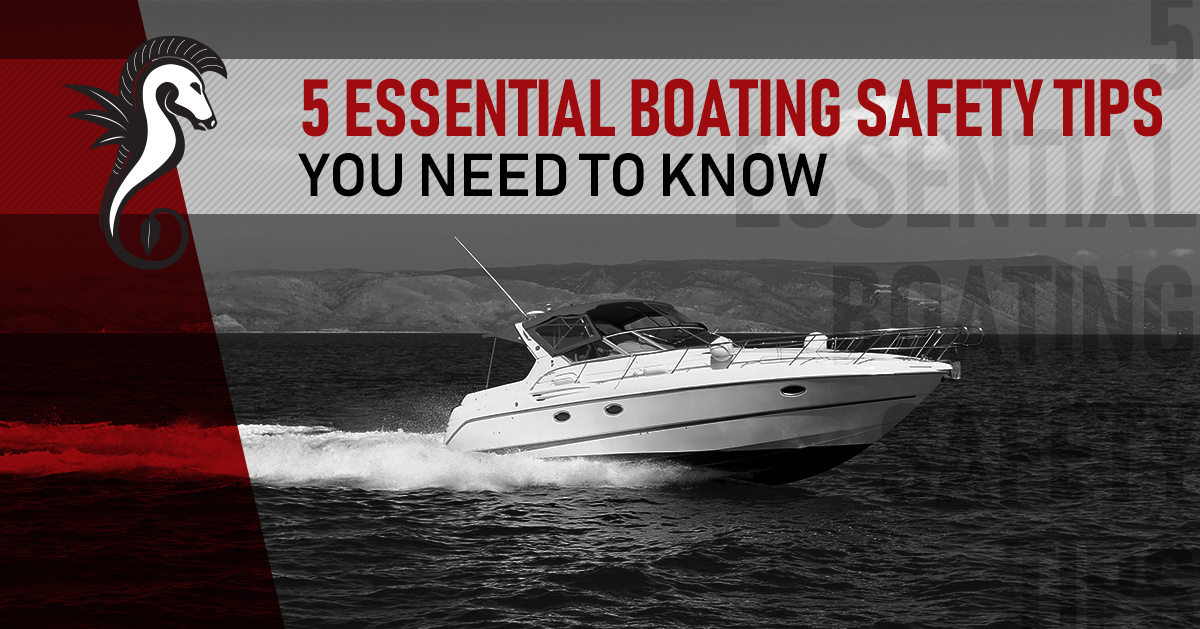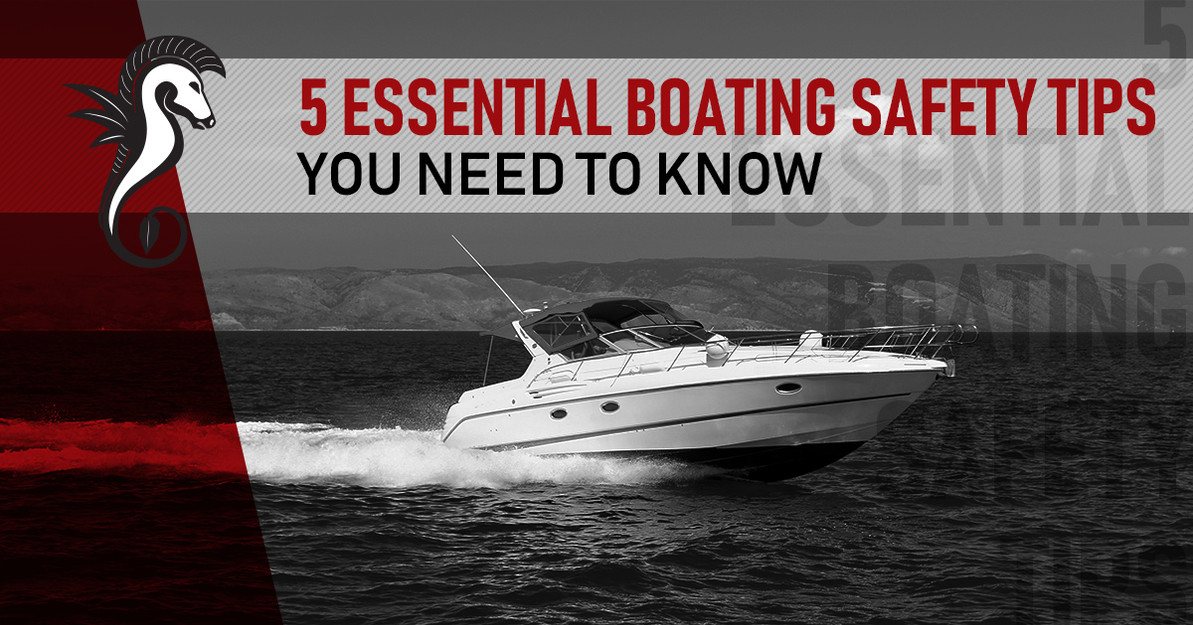5 Essential Boating Safety Tips You Need to Know

Boating is a popular pastime for some 87 million adults in the US. Whether for fishing, watersports, or leisurely sailing, the American love of being out on the water is a longstanding tradition.
However, boating is not without risks. In 2017, recreational boating resulted in the deaths of over 4,000 people. If you're someone who enjoys taking friends or family out on the water, it's crucial to make sure you and your passengers are safe.
With some precautions, you can ensure everyone aboard is as safe as possible. Check out some of our top boating safety tips below to get ready for safe and pleasant sailing!
Suit Up Properly
Most drowning victims in boating incidents were not wearing life jackets. Often overlooked, these flotation devices are important pieces of safety equipment that should not be skipped.
Keep a stock of life jackets on board your boat and make sure each passenger is appropriately fitted into one before departure.
Get a Free Vessel Check
The US Coast Guard offers complementary vessel checks for boats. During this check, they make sure you have all the federally mandated safety equipment and precautions on your boat.
A specialist will check your boat out free of charge, offer safety tips, and recommend the best safety procedures for your craft.
Consider getting this check every year to ensure you are up to date on the safety of your boat.
Keep a Float Plan
Make sure a family member or staff member at your departing marina knows how long you intend to be on the water, and what your destination is. Include your contact information, boat registration info, and communication information for onboard equipment.
Should something go wrong, your point of contact will know how to reach you and where you might be on your journey. They'll also have that information to relay to the coast guard or any other emergency service personnel, if necessary.
Always Check the Weather
The National Weather Service provides marine weather information online. Planning your excursion based on weather forecasts is an important step to make sure you have a day of smooth sailing.
Marine forecasting is not perfect but can serve as a good starting point for your trip. Make sure to keep an eye on tides, waves, wind, and any incoming inclement weather. Have an emergency weather plan.
Use a Marine GPS
To help you navigate safely, consider installing a marine GPS system. Modern navigational equipment will ensure that you follow your charted course, and know your precise location at any given time.
Should any accident occur, you will be able to relay your precise geographic coordinates to nearby vessels. In case of emergency, such information will expedite any assistance or rescue attempts.
Want More Boating Safety Tips and Boating Info?
These boating safety tips are just the start of your journey. It is important to ensure your boat is seaworthy every season, following local and federal guidelines about operational and safety requirements.
In addition, take advantage of local boating and seafaring courses that are available to you. Increasing your boating experience and education is the best way to ensure you are prepared for the unexpected.
Looking for more boating tips, advice, and information? Visit the Dark Horse blog today.
Recent Posts
-
Top 5 Picks for the Best Marine GPS of 2018
Boating is more popular than ever right now in the United States. But people who love going out on t …31st Dec 2018 -
Top 5 Best Fish Finders for 2018
Picking the right fish finder can be a real challenge.With so many options out there, how do you cho …15th Dec 2018 -
The Ultimate Guide to Different Types of Boat Anchors
Picking an anchor is a difficult task. There are a number of models out there, each one working bett …30th Nov 2018




